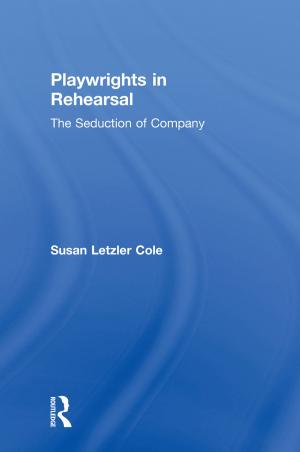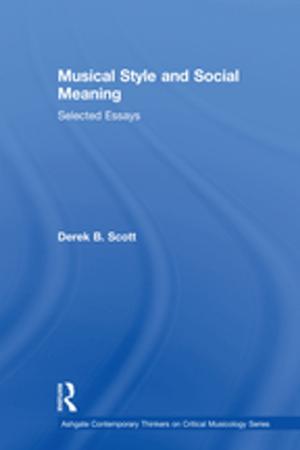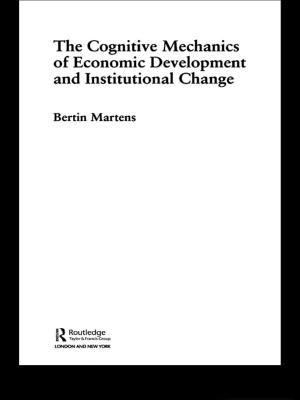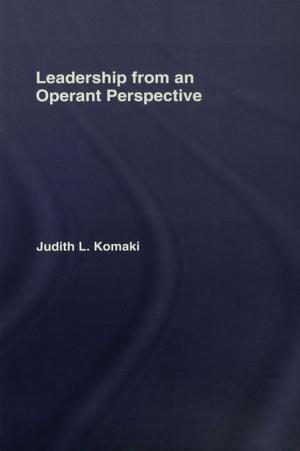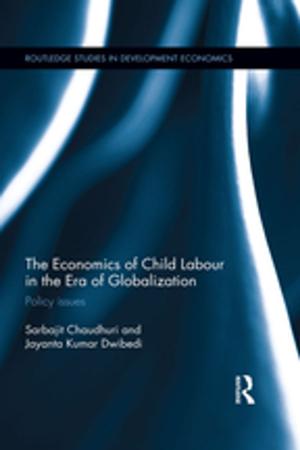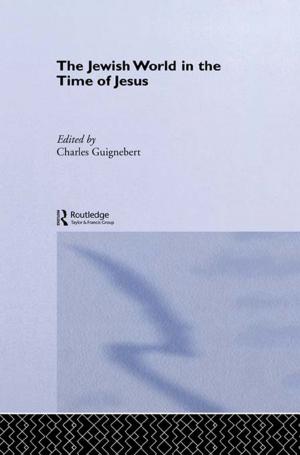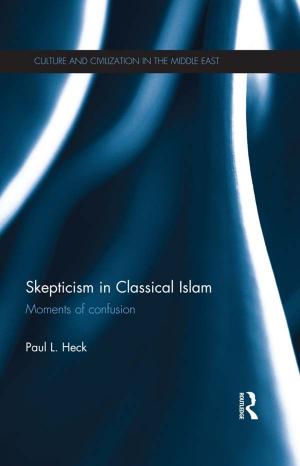The Reinvention of Theatre in Sixteenth-century Europe
Traditions, Texts and Performance
Nonfiction, Reference & Language, Foreign Languages, Language Arts| Author: | T.F. Earle | ISBN: | 9781351541145 |
| Publisher: | Taylor and Francis | Publication: | July 5, 2017 |
| Imprint: | Routledge | Language: | English |
| Author: | T.F. Earle |
| ISBN: | 9781351541145 |
| Publisher: | Taylor and Francis |
| Publication: | July 5, 2017 |
| Imprint: | Routledge |
| Language: | English |
The sixteenth century was an exciting period in the history of European theatre. In the Iberian Peninsula, Italy, France, Germany and England, writers and actors experimented with new dramatic techniques and found new publics. They prepared the way for the better-known dramatists of the next century but produced much work which is valuable in its own right, in Latin and in their own vernaculars. The popular theatre of the Middle Ages gave endless material for reinvention by playwrights, and the legacy of the ancient world became a spur to creativity, in tragedy and comedy. As soon as readers and audiences had taken in the new plays, they were changed again, taking new forms as the first experiments were themselves modified and reinvented. Writers constantly adapted the texts of plays to meet new requirements. These and other issues are explored by a group of international experts from a comparative perspective, giving particular emphasis to one of the great European comic dramatists, the Portuguese Gil Vicente. Tom Earle is King John II Professor of Portuguese at Oxford. Catarina Fouto is a Lecturer in Portuguese at King's College London.
The sixteenth century was an exciting period in the history of European theatre. In the Iberian Peninsula, Italy, France, Germany and England, writers and actors experimented with new dramatic techniques and found new publics. They prepared the way for the better-known dramatists of the next century but produced much work which is valuable in its own right, in Latin and in their own vernaculars. The popular theatre of the Middle Ages gave endless material for reinvention by playwrights, and the legacy of the ancient world became a spur to creativity, in tragedy and comedy. As soon as readers and audiences had taken in the new plays, they were changed again, taking new forms as the first experiments were themselves modified and reinvented. Writers constantly adapted the texts of plays to meet new requirements. These and other issues are explored by a group of international experts from a comparative perspective, giving particular emphasis to one of the great European comic dramatists, the Portuguese Gil Vicente. Tom Earle is King John II Professor of Portuguese at Oxford. Catarina Fouto is a Lecturer in Portuguese at King's College London.

